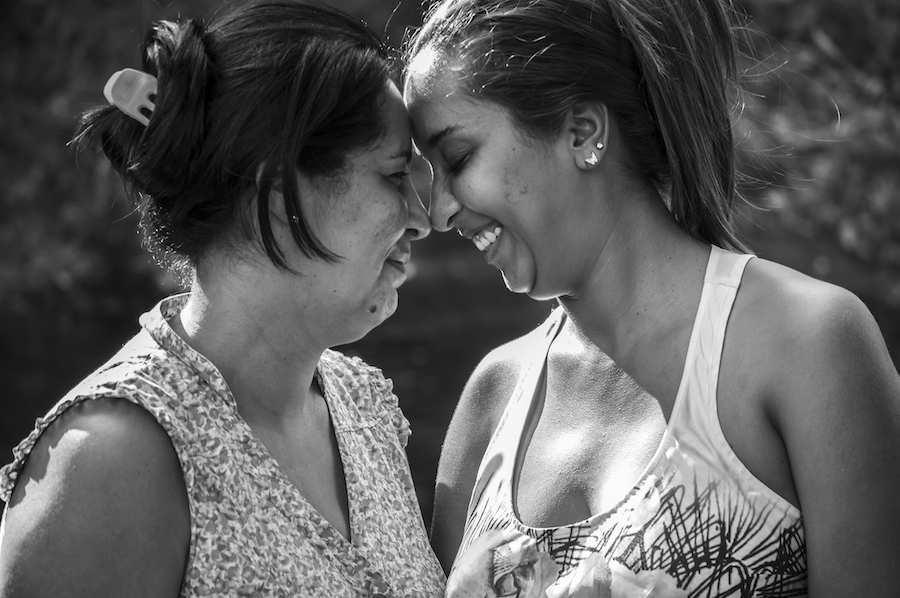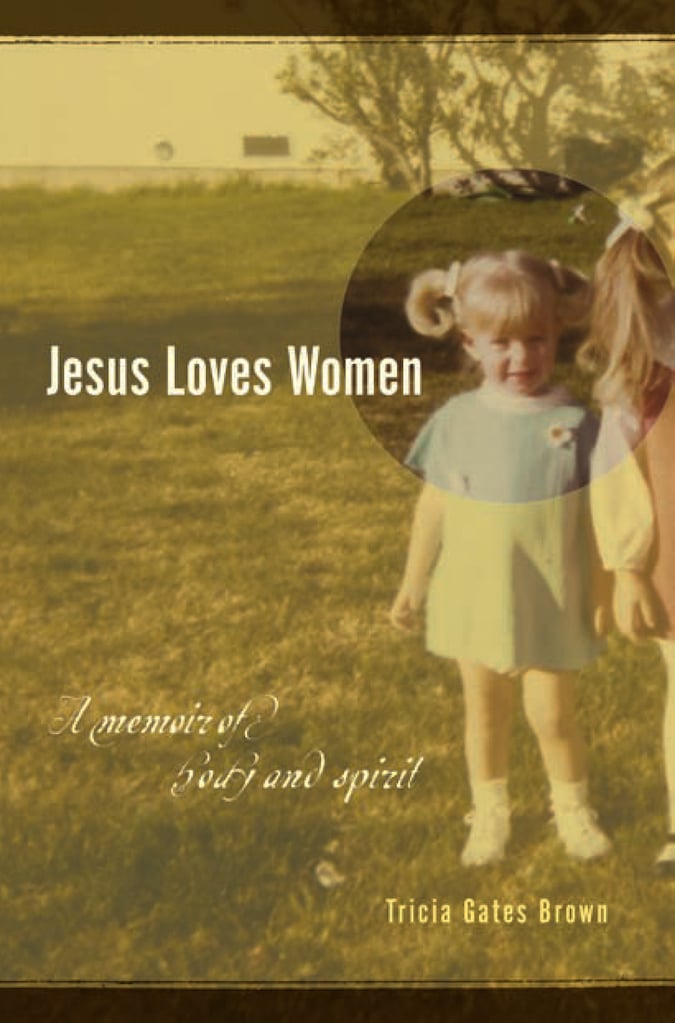
This week, our farm acquired a rooster needing a home. He is big and bantam, and we christened him Snow White. Since he is afraid of the other chickens—in particular, the other rooster, he hangs out close to the house and I talk to him through the window. Because last Sunday’s lectionary passage (Mt 14:22-33) was about Peter, I was pondering when Jesus warns Peter he will betray him three times before the rooster crows. Of course, that’s what Peter goes on to do. This betrayal is all the more disappointing because, as we see in Sunday’s story, Peter was of all the disciples, the most enthusiastic in his faith. Mt 14:22-33 tells of when Jesus calls Peter out onto the water in a storm and Peter walks to him—at least until he gets spooked and starts to falter. All discussion of the event’s literalness aside, the story is a character study. Sometimes we look at the story on the lake and see an example of weak faith. Peter begins to sink, after all. What is extraordinary about his character, though, is that he stepped out of the boat in the first place. Jesus said “Come” and he did. The story depicts Peter as an exemplar of ardent but imperfect faith. And because of this imperfection, Peter is very relatable to us. We can imagine being a Peter.
Last Sunday was also the day our church, called St. Mary’s, celebrated the feast day of St. Mary. We sang special songs and lit candles and ate chicken mole and an enormous cake. I found myself pondering how even the most faithful, the most enthusiastic male follower of Jesus, pales in comparison to Mary. She has become a symbol of perfect faithfulness because she made unthinkable sacrifices. If we cannot imagine having the faith or the faithfulness of Peter, how could we ever imagine being a Mary?

Be a Mary
Throughout history, people have propped up Mary as something impossible, as an archetype, or a goddess without flaw or blemish. But while this may preserve Mary as a theological concept, it separates her from reality—certainly from our reality. If we make Mary perfect and extra-human, she no longer challenges us or serves as an example. What a loss this is. Because even if we might not face the exact predicament Mary faced, sometime in life we will face extreme challenges—extreme challenges to our trust in God. At those times, we need a Mary who is a regular woman, a regular mother, who can give us strength because even in her regular-ness, she showed us how to trust God with everything dear to her.
In my sermon, I asked congregants to imagine something, closing their eyes, if needed. I said: I want you to think of a time when you either lost or almost lost the thing most important to you, the thing most dear to you. Or perhaps at this time right now you are grappling with such a loss. Now I want you to imagine coming to Mary and sitting down with her. Maybe in a place that is comforting to you, or a place that has been special in your life. Imagine that Mary is not some kind of perfect god-like figure, but a human being just like you are a human being. Imagine bringing your cares to her and asking her to show you the way through the particular challenge you are facing. There is so much comfort in being with this Mary. In just sitting with her and sensing her compassion. Not because she is perfect, but because she has experienced how imperfect this life is, and how it feels to lose the thing most dear to her. She knows how it feels to suffer.
I think this is why the novena prayed to Mary is so powerful. I don’t know about you, but I have, at a perilous time in my life, prayed the novena to Mary repeatedly. It is a powerful practice particularly because of Mary’s approachability and her example. Perhaps this week, sit for a spell with Mary in the way described above. Or look up the novena and pray it on behalf of someone in need. Remember how powerful it is to have Mary’s intercessions for us, not because she is an archetype, but because she was—first and foremost—like us.
Jesus Loves Women: A Memoir of Body and Spirit ; Available HERE.














